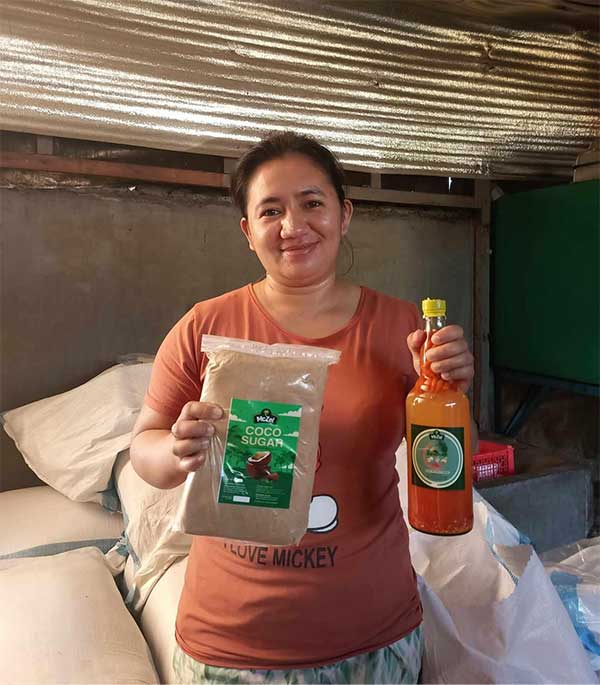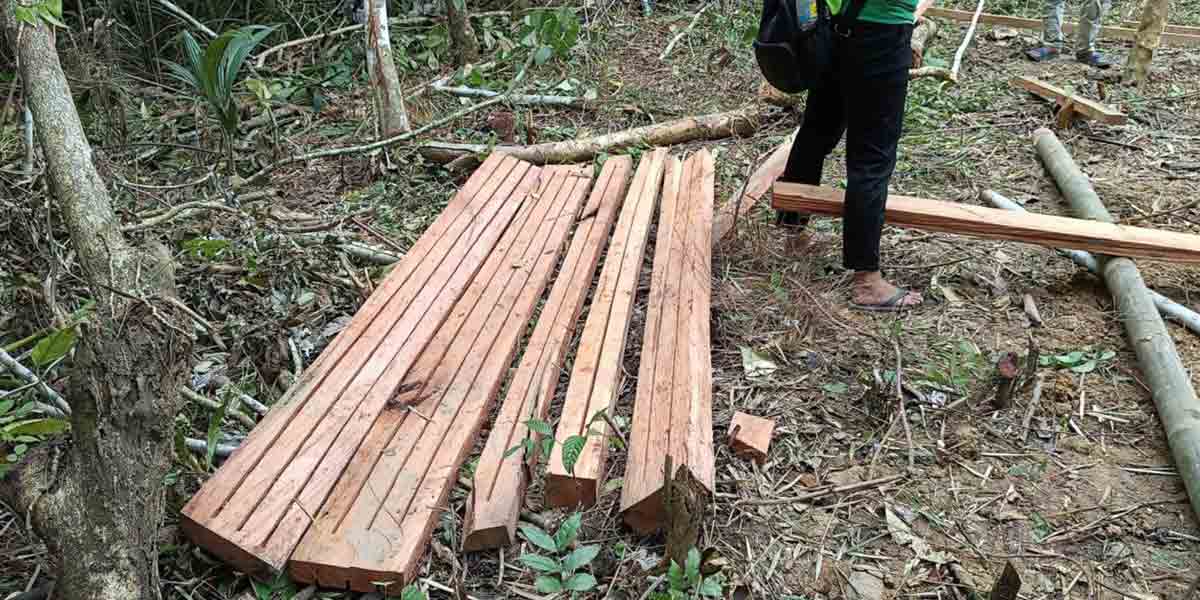
The Philippines is known for its bountiful coconut production, standing as ASEAN’s second-largest producer. With over 347 million metric tons harvested annually in 2018, coconuts thrive in 69 of the 82 Philippine provinces. Notably, the Davao Region contributes over half of this output.
Beyond the traditional uses of coconuts for fruit, milk, and oil, its nectar turned into sugar also provides a sweet opportunity. Layzel Bocol, a 29-year-old from General Santos City, tapped into this opportunity and started her coco sugar business in 2019.
Coconut Business
Hailing from Sultan Kudarat, Layzel’s connection to coconuts began early. Her family transferred to General Santos City when her father was promoted as a manager in a coconut plantation, a role he held from 2007 to 2017. Growing up, Layzel witnessed the process of coco sugar production, so when a buyer came insearch for a coco sugar manufacturer in 2019, she did not hesitate and accepted the offer of producing coco sugar with the agreement that the buyer would be financing the operation.
However, startup challenges were not foreign to Layzel. The funds from her buyer were insufficient, which led her to seek additional support from CARD, Inc. (A Microfinance NGO) starting 2016. Their loan supported her business, but 2020 posed a new obstacle with the global health crisis. Production dwindled but began its recovery in the latter part of 2022.
Today, Layzel’s business produces 150–200 kilograms of coco sugar daily. Any coconut nectar that was not immediately processed into coconut sugar finds its way into sinamak, a sought-after spice vinegar. With their dedicated land for raw materials and a committed team of 20, their business continues to flourish. She considered herself blessed; with her business, she was able to purchase land and a car, and her life grew more pleasant.
Emphasizing the importance of a strong team, Bocol shares a piece of wisdom: “Treat your employees as extended family. It fosters a deeper connection and unity in purpose.”





















